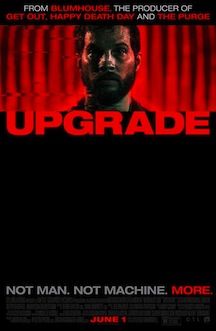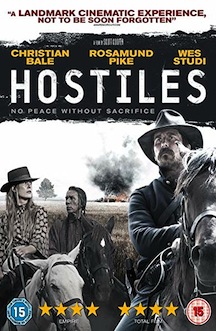Directed by Jon M.Chu
Country: USA
One cannot deny the existence of a tireless vibrancy, flashy visuals, and versatile soundtrack in “Crazy Rich Asians”, a romantic Chinese-American adventure led by director Jon M.Chu (“G.I. Joe: Retaliation”; “Justin Bieber: Never Say Never”). However, these features weren’t enough to make the film stand out because, under the delusive, glossy surface, we find nothing consistent or memorable.
Peter Chiarelli and Adele Lim co-wrote a shallow script based on the 2013 novel of the same name by Kevin Kwan. Basically, it comes jammed with clichés while maintaining that synthetic exuberance that usually serves to conceal the high predictability of a storytelling from the viewer.
Economics professor Rachel Wu (Constance Wu), a New Yorker of Chinese descent who is not afraid to pursue her passions, travels to Singapore with her boyfriend Nick Young (newcomer Henry Golding). The reason for the trip is related to Nick’s best friend’s wedding, but the occasion is also an opportunity for Rachel to meet her sweetheart’s family, the wealthiest in the country. Sad to say: Nick’s glacial mother, Eleanor (fantastic Michelle Yeoh), doesn’t approve the relationship, basing her judgment on the social class differences between the two families. A tough posture that gains further repercussion when she discovers Rachel’s inaccurate story about her deceased father.
In addition to flamboyant bachelor/bachelorette parties, fancy family gatherings in luxurious spaces, and stereotyped dramatic threats against a gorgeous couple in love, this somewhat cheesy crowd-pleaser offers a great deal of neurotic gossip addressed with annoying pomposity and superfluous multi-cultural fashion.




























































